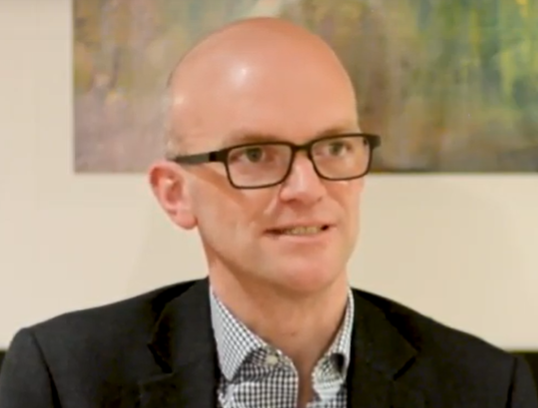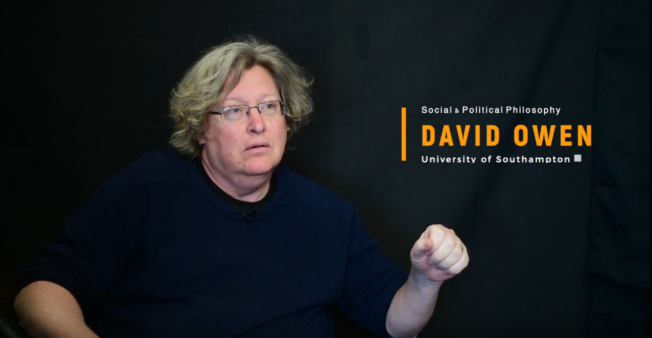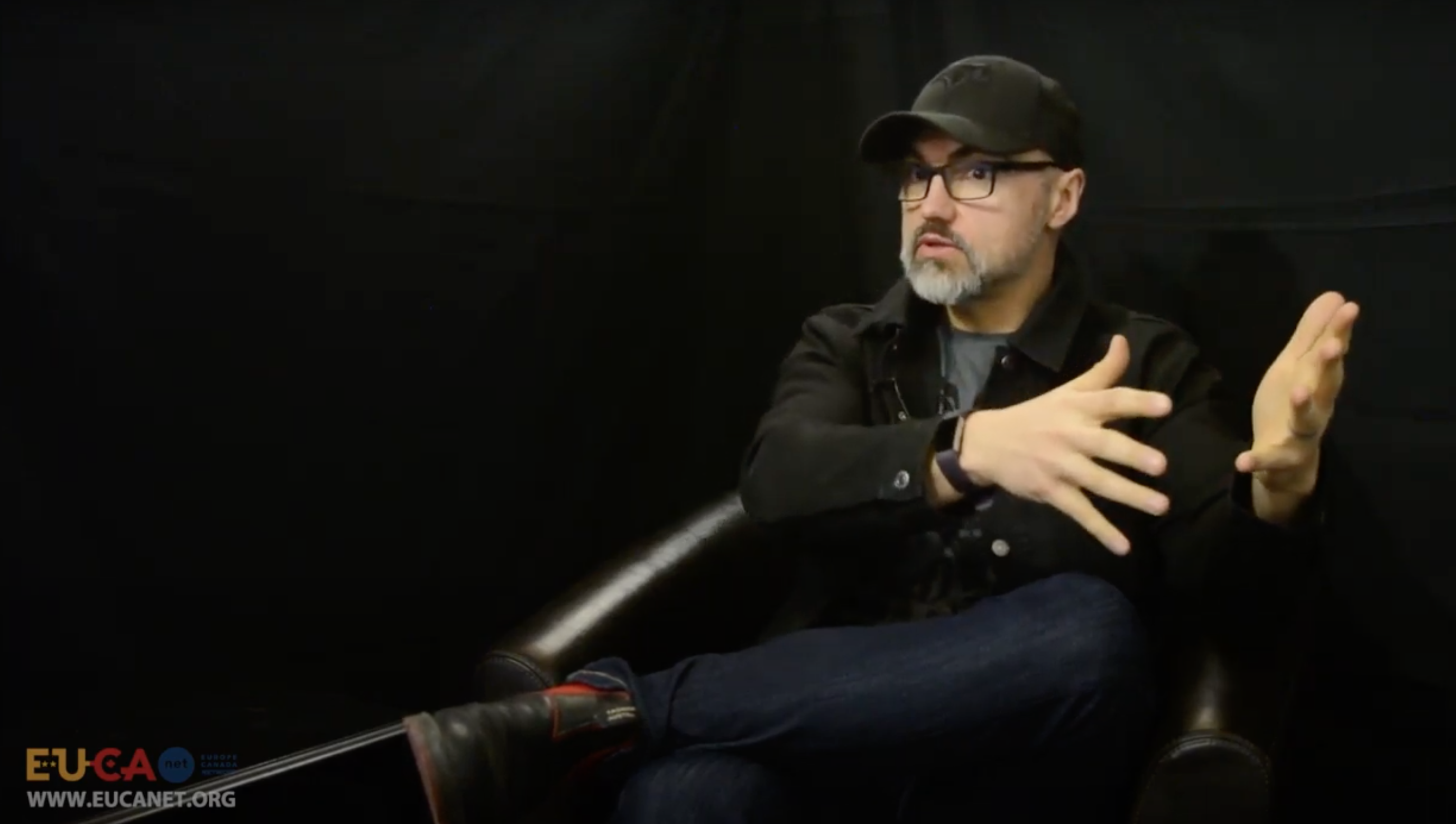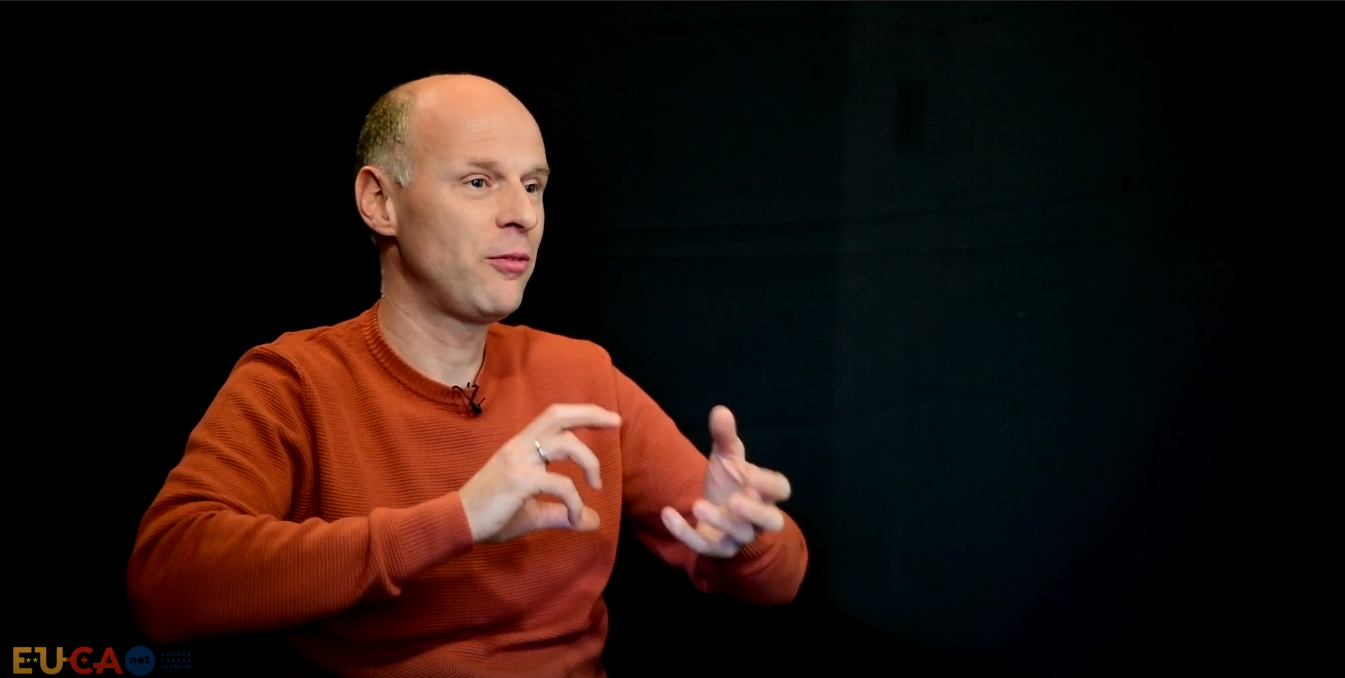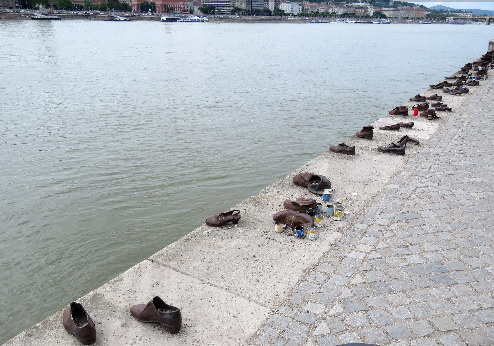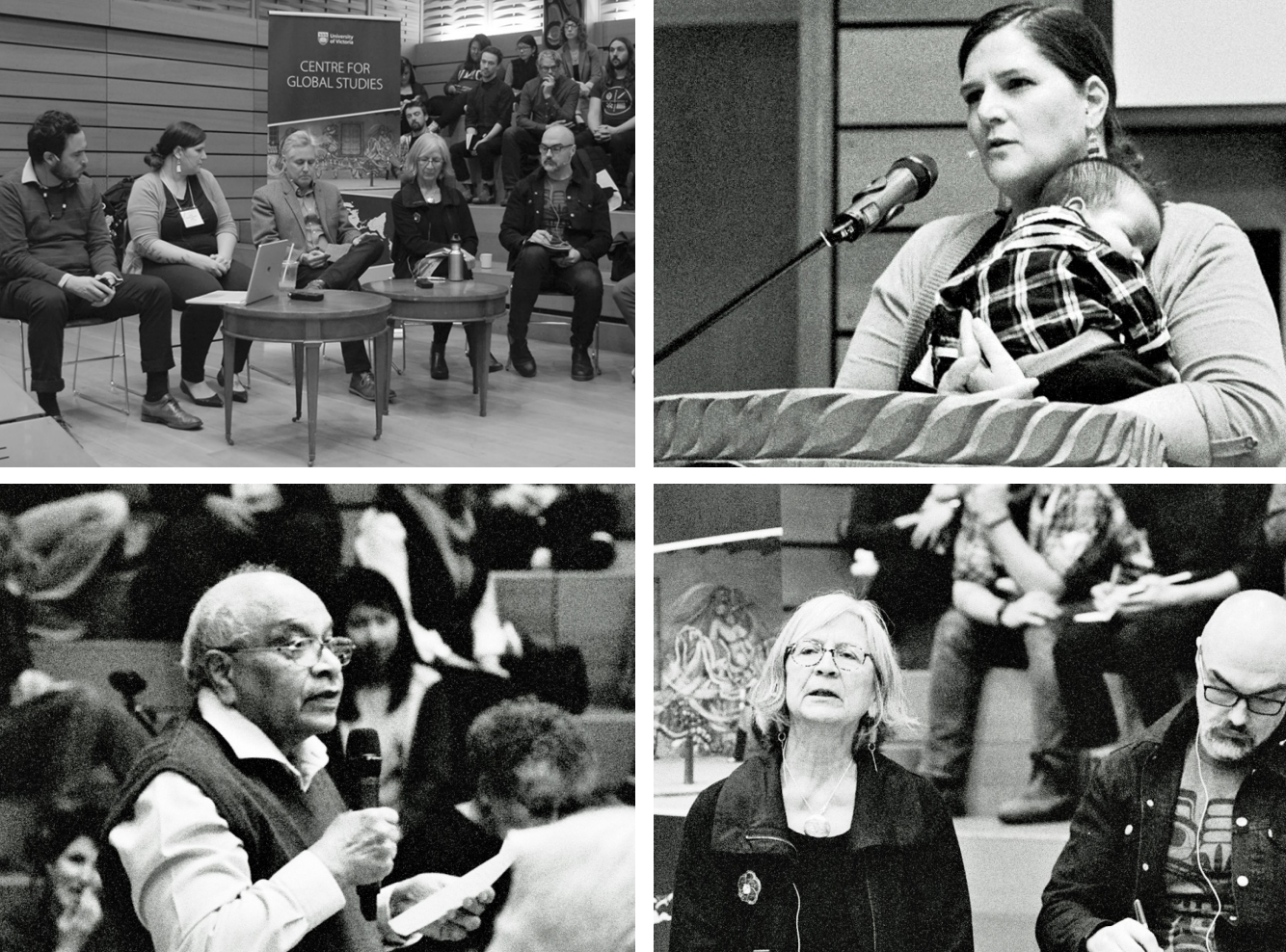Prof. John Borrows: Indigenous Peoples and Populism
John Borrows, Faculty of Law, University of Victoria, participated in the international conference “Constitutionalism in the Age of Populism”, March 6-8, 2020.
In his paper, Borrows notes that populist politics often over simplifies what constitutes a ‘community’. Yet it is not possible to identify a single, unambiguous ‘people’ in any polity, and Indigenous peoples are no exception. Despite this challenge, North American governments have long attempted to define what an “Indian” community is, and define the membership of these communities by reference to blood, ancestry, culture or other sociologically flat kinds of references. Unfortunately, Indigenous peoples in some instances have internalized colonial messages about what is means to be an Indigenous community and be a citizen of such a community. The narrowing of Indigeneity based on attenuated markers of belonging is thus part of contemporary politics on some Indigenous reserves and Indigenous urban landscapes. Self-appointed culture cops and social media-driven cancel cultures patrol the borders of community in a populist fashion. Borrows examines these issues by looking at examples in US Tribal Courts, Sites of Activism like Idle No More, and in Canadian case law.
During the conference, Dr. John Borrows also participated in the video series on Populism and Democracy and accepted the invitation to respond to a bold question: “What are the greatest challenges that populism poses to democracy?”.
In this video, John Borrows, discusses how social inequality is one of the biggest challenges that democracies are facing today.
“There is a lot of distrust of leaders and institutions and processes because the goods people need to survive are not really available”, says Borrows, adding that what is needed, is to “reinvigorate and revitalize the conditions of trust”. As a scholar of indigenous law, Borrows stresses how indigenous peoples have long been marginalized and excluded from the nation-state. This has led to search for ways in which people can engage with one another and create institutions that would allow for indigenous representation, bringing some of the indigenous values and laws to influence not only decision-making in their communities but also in Canada.
Short Bio
John Borrows is Canada Research Chair in Indigenous Law and Law Foundation Professor of Aboriginal Law and Justice at the Faculty of Law at the University of Victoria. Prior to joining the Faculty, he was Professor and Robina Chair in Law and Society at the University of Minnesota, Professor in the Faculty of Law at the University of Toronto, Associate Professor and First Nations Legal Studies Director at the Faculty of Law at the University of British Columbia and Associate Professor and Director of the Intensive Programme in Lands, Resources and First Nations Governments at Osgoode Hall Law School at York University.
John Borrow’s expertise is in Indigenous law, environmental law, and constitutional law. His publications include, Recovering Canada; The Resurgence of Indigenous Law (2002), Canada’s Indigenous Constitution (2011), Drawing Out Law: A Spirit’s Guide (2010), Freedom and Indigenous Constitutionalism (2016), and most recently, Resurgence and Reconciliation (with Michael Asch, Jim Tully, eds.).
You can read more about John Borrows’ current research here.
This video is part of the CEDoD project and was produced as part of the event “Constitutionalism in the Age of Populism”, which took place on 6-8 March, 2020 in Victoria, BC. CEDoD stands for “Canada Europe Dialogue on Democracy: Democratic Deficit and the Rise of Populism in Europe”. This project is co-funded by the Erasmus+ Jean Monnet Action of the European Union, the Centre for Global Studies, University of Victoria, the Social Sciences and Humanities Research Council of Canada (SSHRC), the Faculty of Law at the Eötvös Loránd University (ELTE), the Australian Government through the Australian Research Council and the University of Victoria: the Faculty of Law, the Centre for Global Studies, Vice President Research Office, Faculty of Humanities and the Faculty of Social Sciences. The European Union support for the production of publications does not constitute an endorsement of the contents which reflect the views only of the authors, and cannot be held responsible for any use which may be made of the information contained therein.
